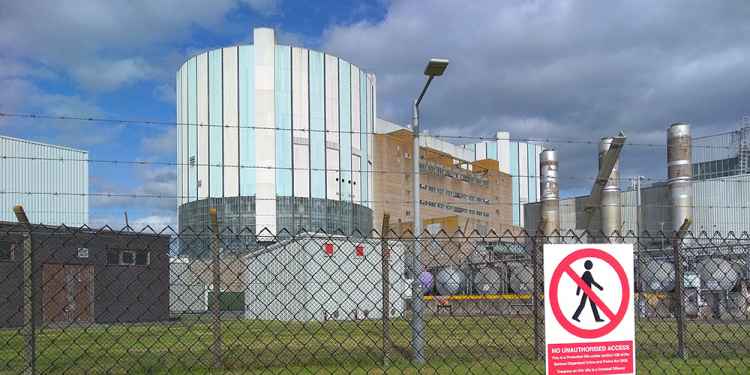

This page is more than six years old.
I was talking to a friend at the weekend about climate change and how nuclear fusion is currently our most hopeful option to stop or reverse the damage to our planet. Nuclear fusion has been the Holy Grail for clean, sustainable power for decades and recent news stories suggest we're getting pretty close to getting the technology working.
I was telling my friend that we've recently hit a new milestone with a French reactor successfully sustaining a fusion reaction for six minutes and 30 seconds. I commented on how promising this is and how it will end our energy problems. Surprisingly, he said "no, nuclear power is bad" and spouted off some claim about cancer rates increasing since we started using nuclear power.
There's a few things wrong with this. Firstly, nuclear fusion doesn't use a radioactive source to generate power, it's incredibly green and incredibly safe, but sadly it's not yet functioning on the scale we need.
My friend's concerns over the safety of nuclear fusion is just down to the fact that the word "nuclear" is in the name. This would be like saying hydrogen (the most abundant element in the universe) is dangerous because of the hydrogen bomb. This leads me on to my second point, conventional nuclear power, or nuclear fission isn't that dangerous.
Of course when I told my friend this he immediately said "what about all the accidents?" He gave "the one in Russia" as an example, but actually Chernobyl wasn't in Russia, it was in the Ukraine and it was one of just two major nuclear accidents.
There are 20 countries in the world which currently have operational nuclear power plants. The UK is quite high on the list with 18 reactors, Japan comes in third place with 51, France has 58, and the United States has 104. In over 60 years of operation, these power plants combined have notched up a total of 17,000 years of commercial nuclear power generation.
In all of these 17,000 there has been just two accidents classified on the International Nuclear and Radiological Event Scale as major incidents, one as the result of human error, not a fundamental flaw with the technology. The other was caused by a natural disaster.
By far the worst of these accidents was Chernobyl in 1986. It released 5,200 petabecquerels of radioactive material killing two people immediately and dozens of others in the affected area over the following years. Compare this to 2011's Fukushima disaster, which released an estimated 340–800 petabecquerels, much less than Chernobyl.
I pointed out that the worst thing about nuclear power as it currently exists is what to do with the waste. Of course it has to be processed, contained and stored until it decays and all of its radioactivity is depleted. In response to this, my friend said "we shouldn't be making radioactive substances in the first place."
Which was another shock to me. I thought everyone knew that nuclear power plants were fuelled by uranium, a naturally occurring element, which can be found as an ore all around the world.
Uranium is mined in twenty countries, half of it comes from just six countries including Australia, which is odd given that they don't use nuclear power, yet they're happy to mine this resource and sell it to the rest of the world.
The uranium is then enriched and concentrated leaving just the useful and most radioactive variant of the element, and it is this which is used to drive nuclear power plants.
It could be argued that by digging up and enriching uranium, we could be increasing the levels of background radiation we are exposed to. In fact, artificial sources of radiation do account for about 15% of our average exposure, but nearly all artificial background radiation comes from medical procedures such as having a x-ray.
I'm not saying for a second that nuclear power in its current form, nuclear fission, is good. I'm simply illustrating that fact that when my friend said that nuclear fusion was unsafe, his opinion was being warped by fear-mongering stories about nuclear fission and a general misunderstanding of what radiation actually is.
Going back to my friend's original point that cancer rates have increased since we started using nuclear power. Well, obviously normal day-to-day use of nuclear power plants don't pose any risk to humans at all, they don't release radiation into their surroundings, and as I've already mentioned you are exposed to more naturally occurring background radiation than any artificial source.
Every hour of every day, all life on Earth has always been exposed to low levels of radiation from natural sources, most of this comes from a gas called radon, which leaks out of the Earth's crust at a steady rate.
The only way nuclear power could increase cancer rates is as the result of an accident on the scale of Chernobyl or Fukushima, but has it? In 2008, the United Nations Scientific Committee on the Effects of Atomic Radiation (UNSCEAR) looked at all the evidence and data on newly diagnosed cancers from areas affected by Chernobyl and concluded that, apart from thyroid cancer in those exposed as children and leukaemia in rescue and clean-up workers, there hadn't been a detectable increase in other types of cancer.
So, in the short term, if you get caught up in a nuclear accident, yes you might develop cancer. To the wider world, it is clearly not a risk, but with fusion we don't have to worry about this anyway.
Nuclear fusion reactors don't use a radioactive source to power them, they run on hydrogen. Two hydrogen atoms are fused together to form helium atoms, which produces neutrons and vast amounts of energy. So, you put hydrogen in and you get helium and energy out. There is no spent fuel rods to contend with, and more importantly no risk of meltdown.
In a traditional fission reactor the atoms in a solid rod of uranium 235 are split in order to release energy but it needs to be kept cool. If it gets too hot, it melts which can result in a loss of containment through the cooling system or due to the fuel expanding and breaching its containment.
Basically, if you pull the plug on a fission reactor it keeps going, overheats and becomes a risk to humans. However, if you pull the plug on a fusion reactor, it stops. Without the pressure from the containment field forcing more fusion to take place, the reaction will peter out in microseconds, but the city or whatever else was nearby would be just fine.
This has also been the challenge and the reason why we don't have fusion yet. We can ignite the reactor and generate energy, but we're not currently able to maintain the reaction for more than a few minutes.
So, how close are we to getting nuclear fusion working? Well, at the moment that's anyone's guess. While there have been a few recent breakthroughs, scientists have been working on fusion since the 1950s. Back then they said the breakthrough was about 50 years away, some in the scientific community joke that it still is.
Learn With Higgypop
Hosted by Paralearning in association with Higgypop, these courses on ghost hunting, paranormal investigations, and occult practices draw on the experience of our team of paranormal writers.
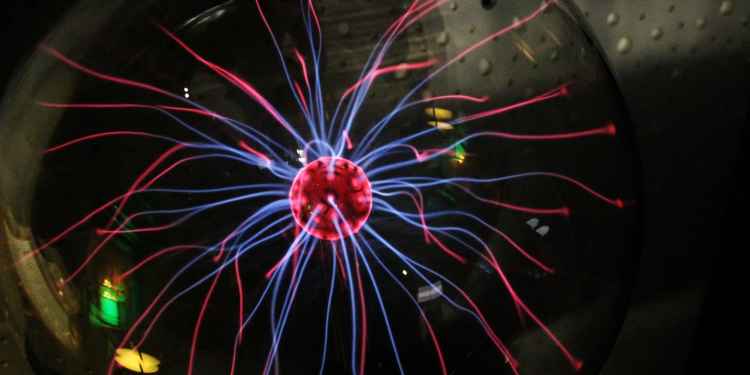
Diploma In Advanced Scientific Theory For Paranormal Investigators
This course gives you practical and useful knowledge of ghost hunting and paranormal research, which is invaluable when conducting your own paranormal investigations or as part of a group event.
View Course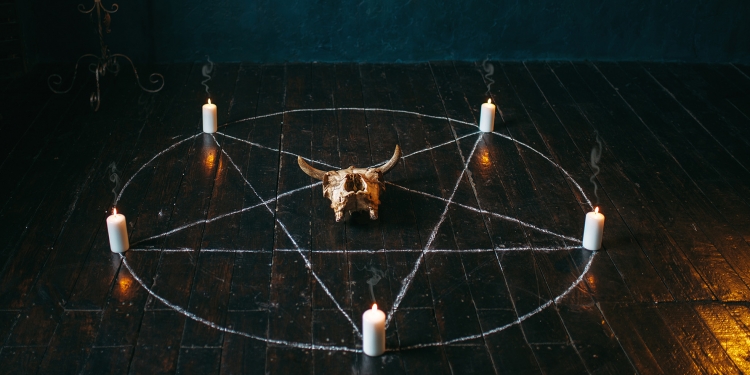
Diploma In Modern Demonology For Paranormal Investigators
This course gives you practical and useful knowledge of ghost hunting and paranormal research, which is invaluable when conducting your own paranormal investigations or as part of a group event.
View CourseMore Like This
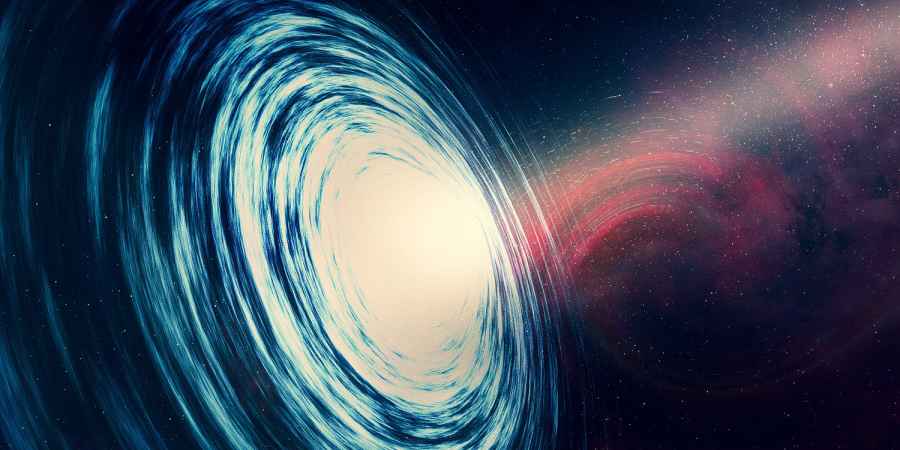
ScienceMarch 10, 2025
What Ghost Hunters Mean When They Talk About Dimensions
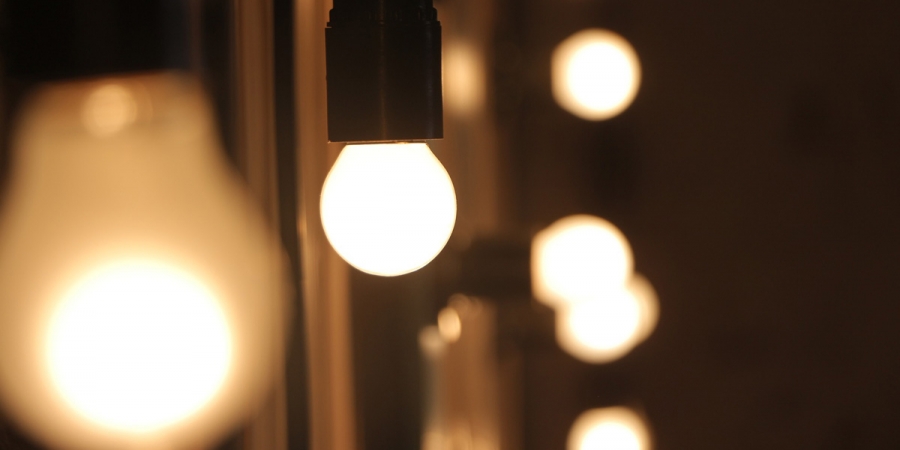
ScienceNovember 25, 2024
Is Zero-Point Energy Being Suppressed By World Governments?
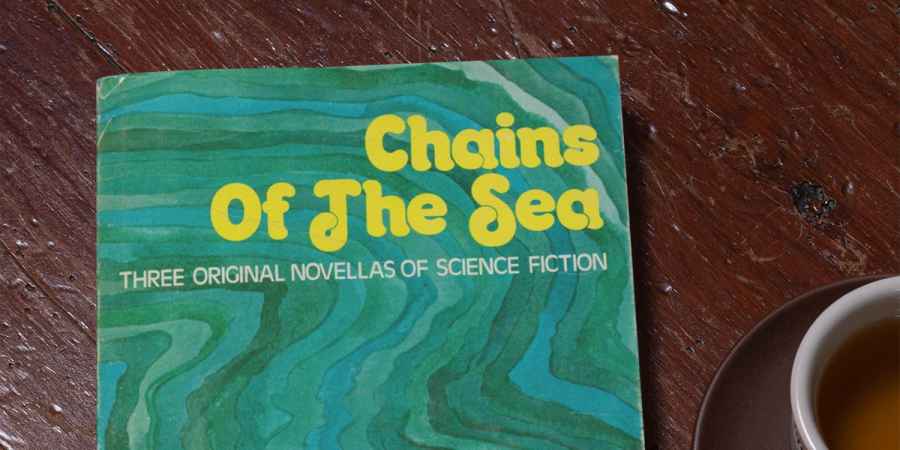
MoviesAugust 28, 2024
Cult Sci-Fi Novella 'Chains Of The Sea' Set For Big-Screen Adaptation
 See More on Audible
See More on Audible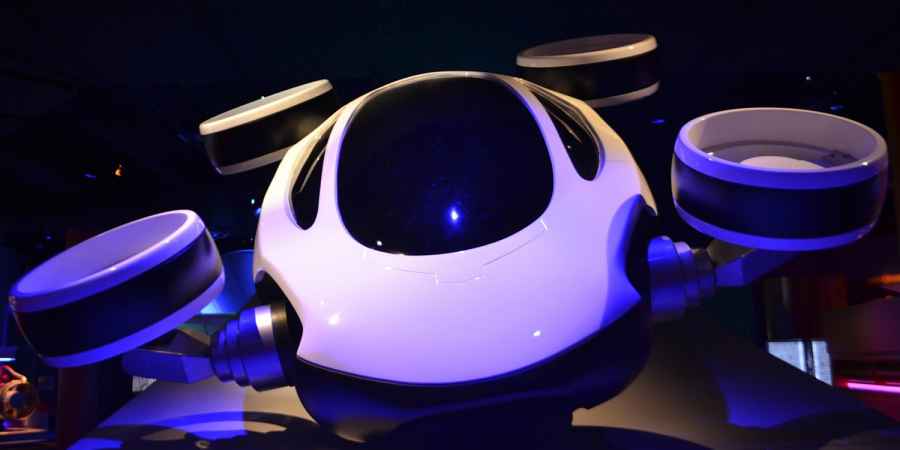

Comments
Want To Join The Conversation?
Sign in or create an account to leave a comment.
Sign In
Create Account
Account Settings
Be the first to comment.